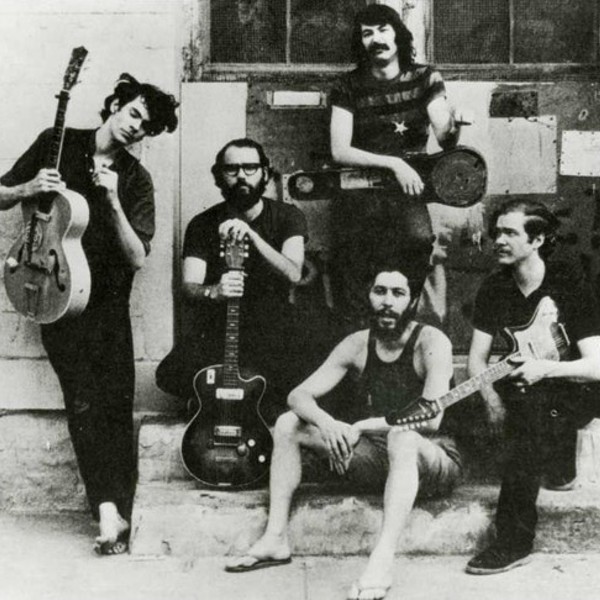Wilson Pickett was intense. At times that intensity came out through his powerful voice and other times it came through his fists. Pickett had a fire raging inside of him and his tumultuous personal life birthed a musical legacy. Beaten badly by both parents, the legacy of Pickett's abusive childhood trailed him into adulthood, and he was known for laying hands on nearly anyone he came in contact with: classmates, band mates, concert promoters, girlfriends, wives, and his children all served as punching bags. Pickett's anger was his most compelling inspiration. Once Pickett channeled that rage into a microphone, his powerful voice helped shape what we now call soul music.
Although Pickett lived till the age of 64, strife and circumstances, and the impact of being dropped by the RCA record label in 1975, all but stopped him in his tracks at age 34. The Pickett Express eventually turned into a runaway freight train fueled by booze, blow, and anger, and no matter how fast the wheels spun, the second part of his life didn't allow his career to gain the steam it once had.
From his fiery rise to fame to his slow sips to death, Tony Fletcher's In the Midnight Hour captures the essence of soul singer Wilson Pickett and tells a tale that reads with the anticipation of a murder mystery novel. Ulster County resident Fletcher, who has written books about Keith Moon, the Smiths, and R.E.M, sets the detailed scene of an era in musical history that is filled with racism, segregation, violence, shady business dealings, and recordings that touched the world.
Pickett was born in Prattville, Alabama, in 1941 in the two-room shack of his sharecropper parents. Six weeks later, his father was sent to the penitentiary for running moonshine. Over the next decade, Pickett's family moved to Detroit and back to Alabama several times in search of opportunity.
Wilson Pickett started touring on the gospel circuit in 1955, and joined the R&B group The Falcons in 1960. His breakthrough as a solo artists came in 1965, when he released his third Atlantic Records single, "In The Midnight Hour," recorded at Stax studios in Memphis. Pickett stayed on the charts with hits like "Land of 1,000 Dances" and "Mustang Sally" in 1966 and "Funky Broadway" in 1967, but it was his 1969 cover of the Beatles' "Hey Jude" that not only hit the R&B charts but also introduced guitarist Duane Allman to the world.
As impressive as Pickett's early career was his tolerance for drugs and alcohol. In 1972, just seven years after shaking the soul of the world with "In the Midnight Hour," he was playing shows in second-tier rooms in Las Vegas and ingesting $3,000 worth of drugs a day. Around the same time, his hard living showed in his voice and his erratic behavior, and Pickett's decline was precipitous. There were many failed attempts at adapting to a changing musical landscape, Pickett flopped with disco and flailed in the digital studios of the `80s and `90s.
Fletcher's sensitive yet cleared-eyed view of Pickett establishes the soul singer as a compelling literary figure. Setting the book down will leave you wondering if Pickett will pull a gun, beat someone to near death, or bounce back from his dark times when you pick the book back up.
Tony Fletcher will be sharing some of these stories from Pickett's life at two local readings: Barnes & Noble in Kingston on Tuesday, January 10 and at the Golden Notebook in Woodstock on Saturday February 18.

















